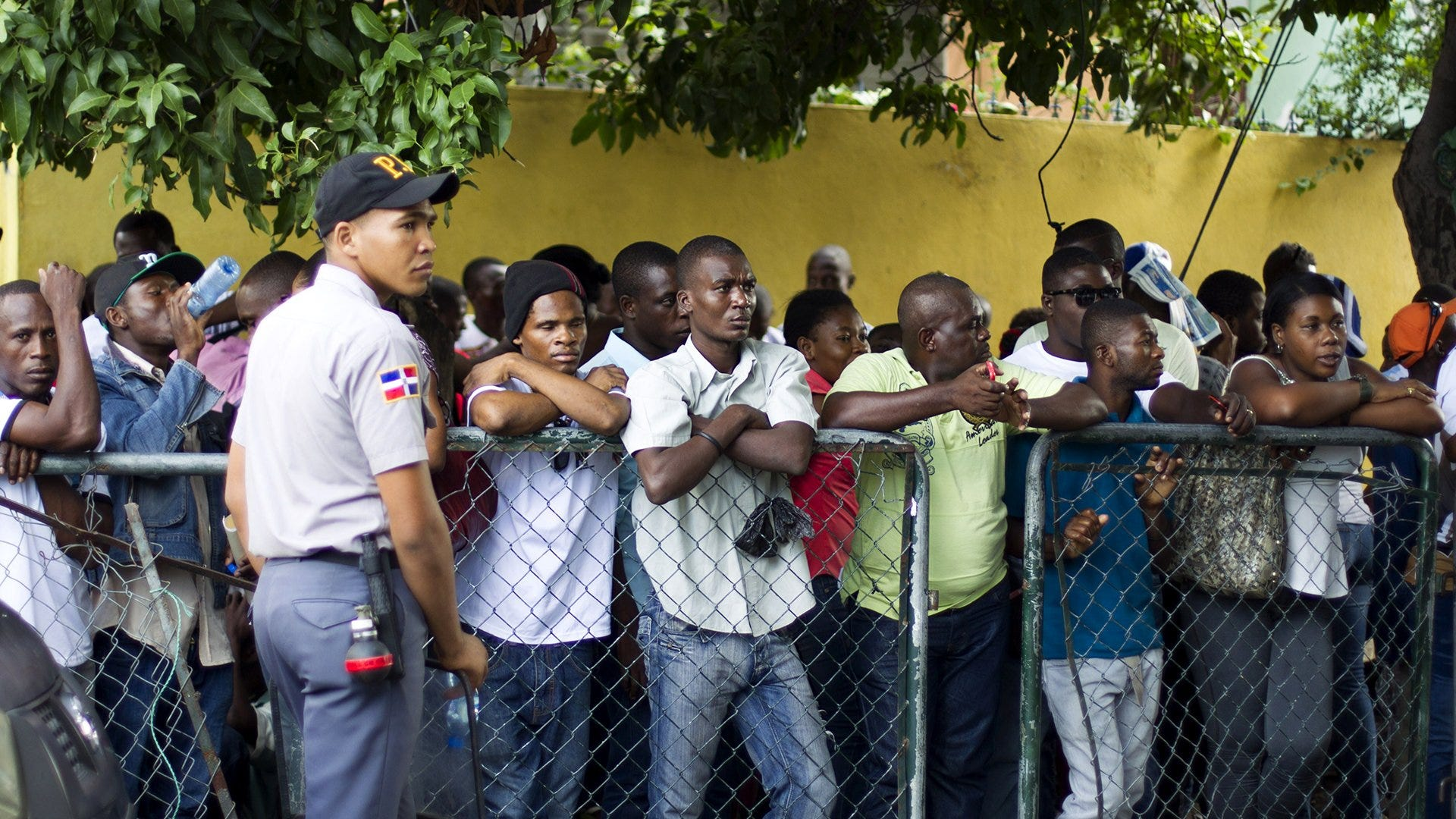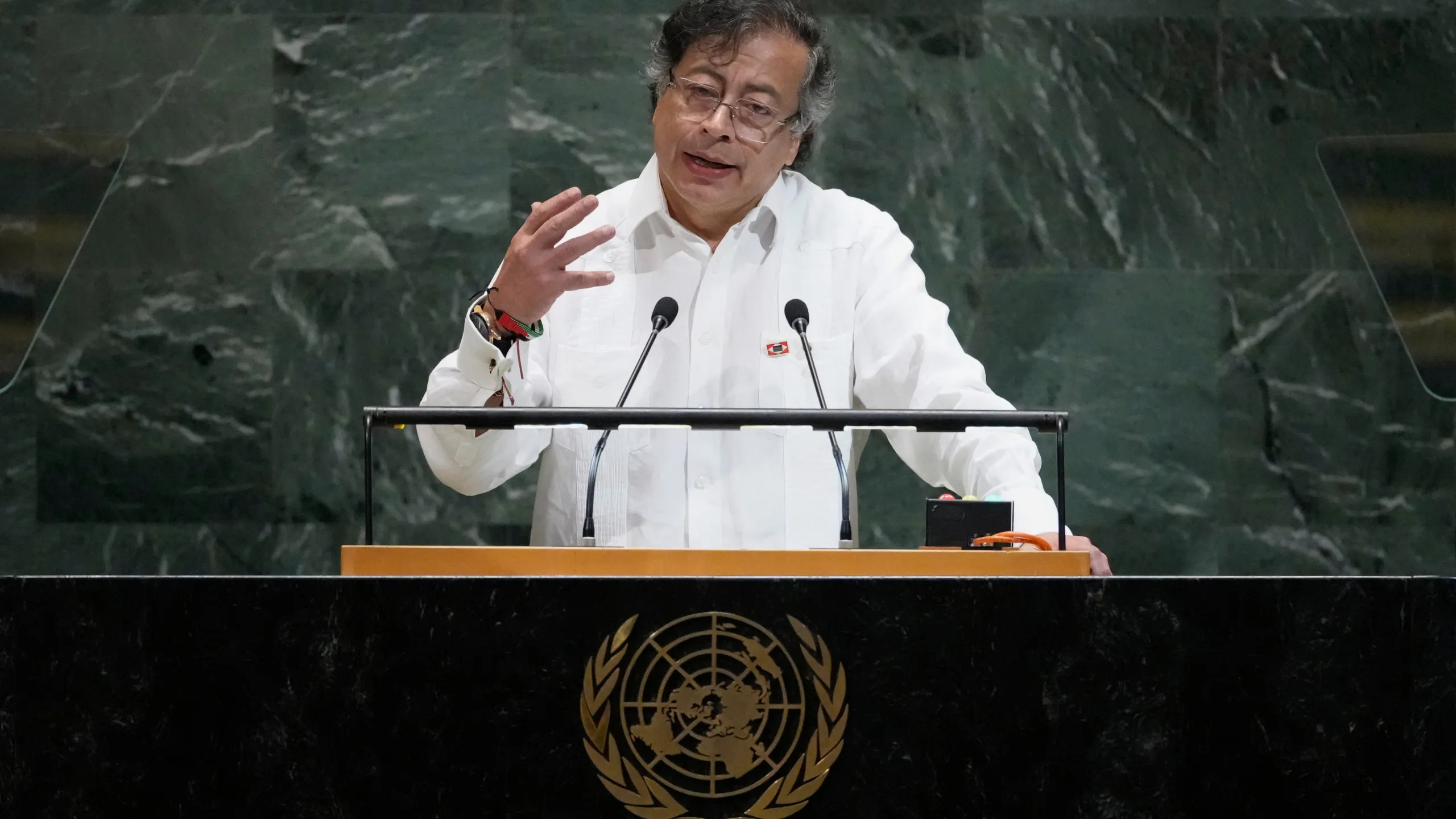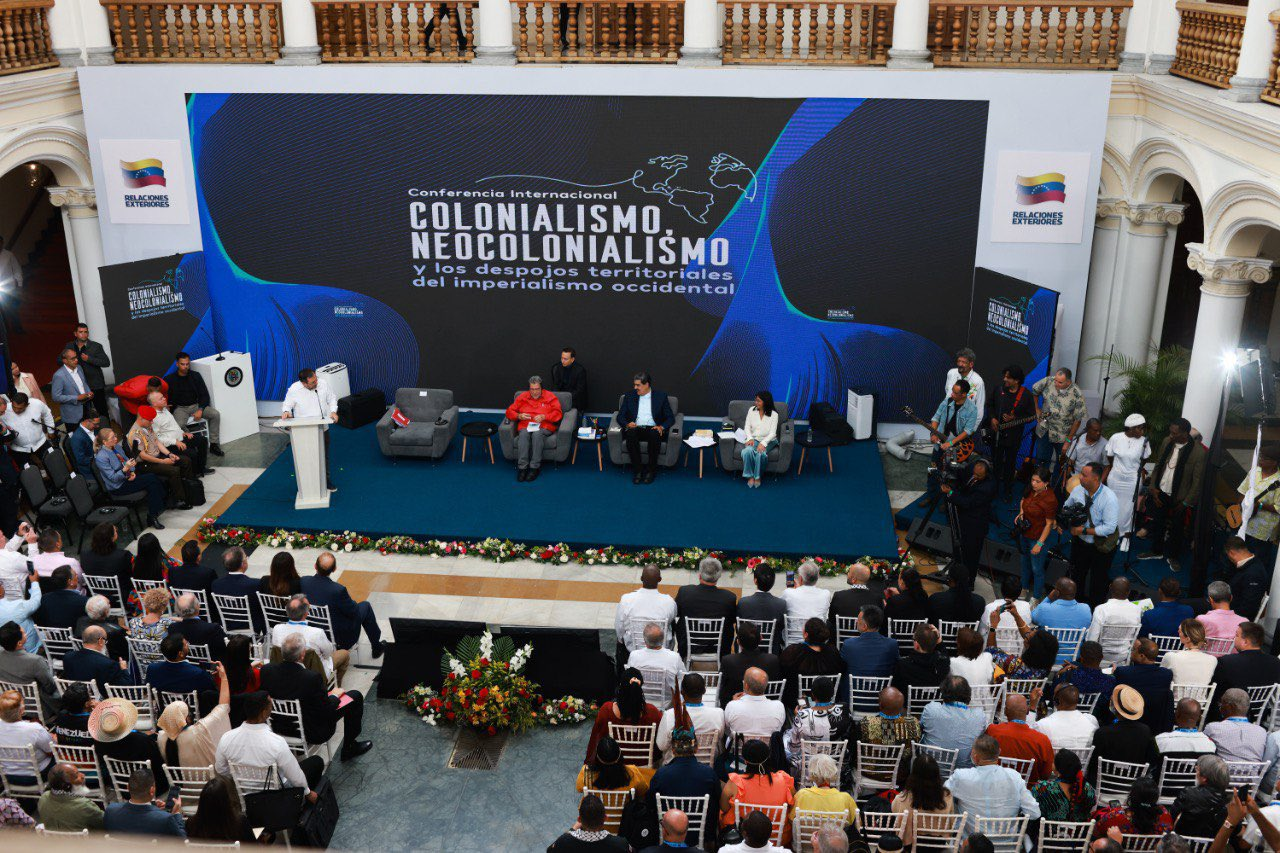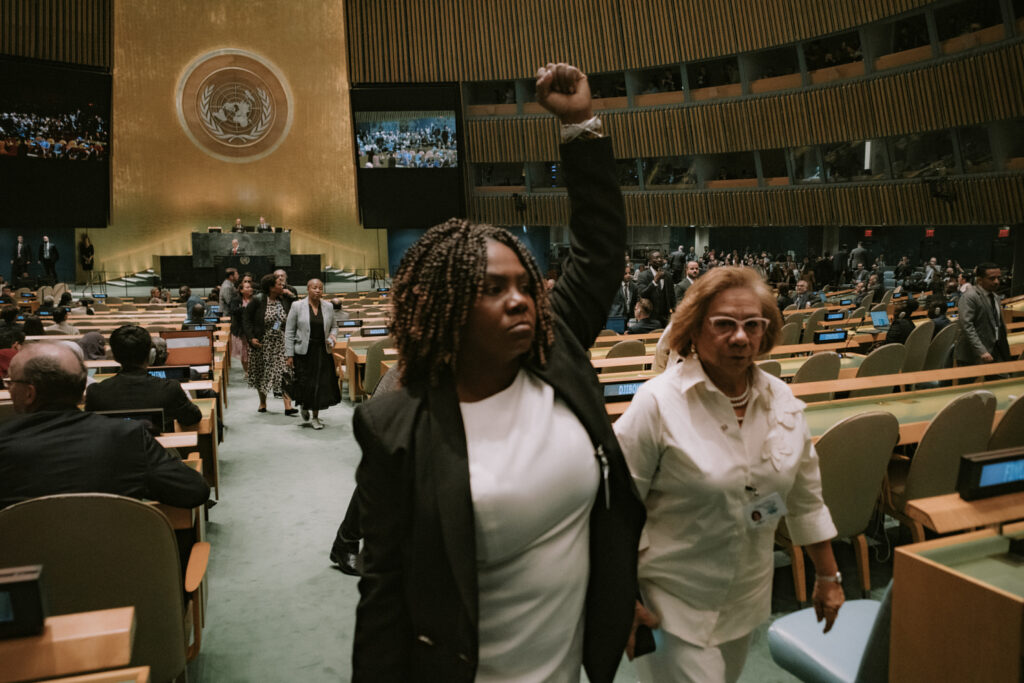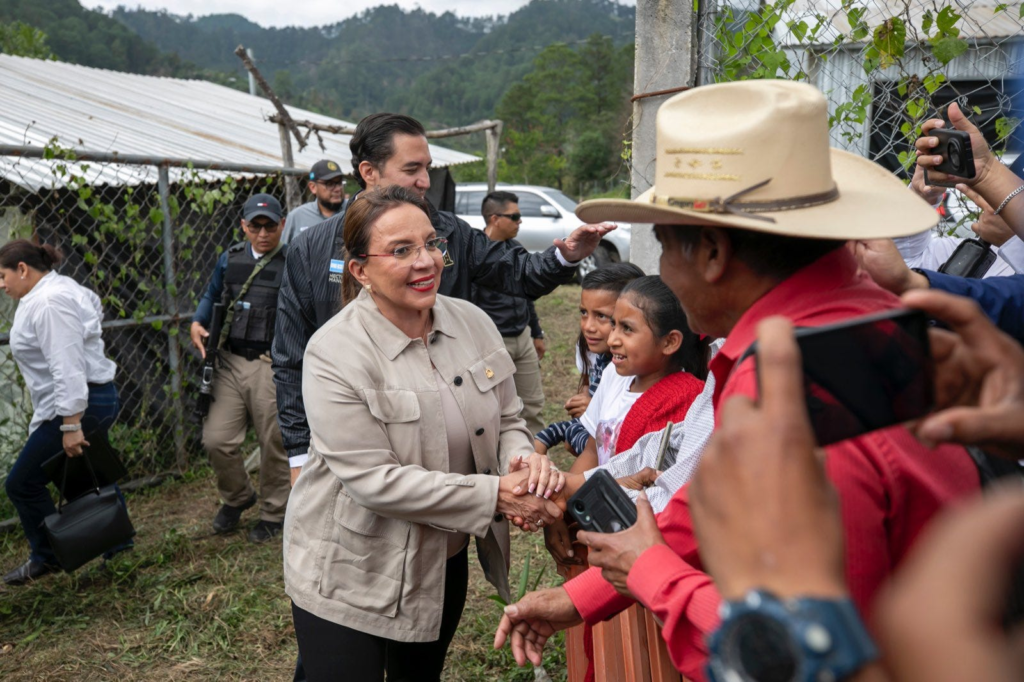Haiti had plunged into chaos and civil disorder unseen in decades after the assassination of President Jovenel Moïse on the 7th of July, 2021. The ensuing power vacuum that was left behind has created a catastrophic crisis so destructive that any recovery will likely take generations, considering the history of this abused and regretfully neglected people.
However, Haiti’s troubles have origins that go back centuries, a brutally exploited sugar colony subjugated by the French for almost 200 years. A small, wealthy, landowning group of French planters held tremendous power over large hordes of African slaves imported during the Atlantic Slave Trade. At the time, the French controlled the small colony of Saint-Domingue from 1659 to 1803, on the western side of the island of Hispaniola, the remainder of which was occupied by the Spanish since the late 15th century after the arrival of Columbus.
Haiti had the largest ratio of African slaves to every White slaveowner, and eventually became the highest-producing sugar colony in the West Indies, earning the envy of the Spanish, Dutch, and British, and was at the center of several wars between the colonizing powers for control over Sainte-Domingue.
After a bloody revolution was fought in the rugged mountains of what would later become Haiti, and the White masters were all slaughtered, the Frenchmen left the colony, as once bonded slaves found their liberation. But by 1960, Haiti was arguably just as poor as it had been in 1800, around the same time the nation earned its freedom.
Very little progress has been made since. Development is nonexistent. Governments come and go, often violently. The new ones are just as corrupt as the ones before, and with very little confidence from the people these administrations are meant to represent. Civil disorder and unrest are commonly ignited after the suspicions of fraudulently gained ballots in a presidential election.

Jovenel Moïse had assumed office in 2017 and was supposed to serve a five-year term until 2022. But after the assassination, violence and targeted killings precipitated the capital of Port-au-Prince into chaos until the central government was essentially made ineffective as armed gangs, many of which were made up of criminals, fought with police and whatever remnants of the legitimate armed forces of the now defunct government were left, over chunks of territory.
Rival gangs also vied for power. Mass slaughter, indiscriminate killings of police and rival gang members. The widespread rape of women and young children. Residential communities were raided by armed clans and plundered with impunity.
Without the presence of any government to maintain some degree of order and cohesion, it all quickly becomes the law of the jungle that reigns supreme.
In 2010, Haiti faced another setback in the form of a massive 7.0 magnitude earthquake that shattered the nation. The devastation caused by the disaster was multiplied by 52 subsequent aftershocks, causing billions of dollars in damage, leveling tens of thousands of structures and residential homes, with approximately 230,000 killed in the aftermath, a number that was certainly compounded by poor government services and obsolete medical care.
Roughly 2.5 million Haitians are displaced as a result, with millions more in desperate need of the most basic services.
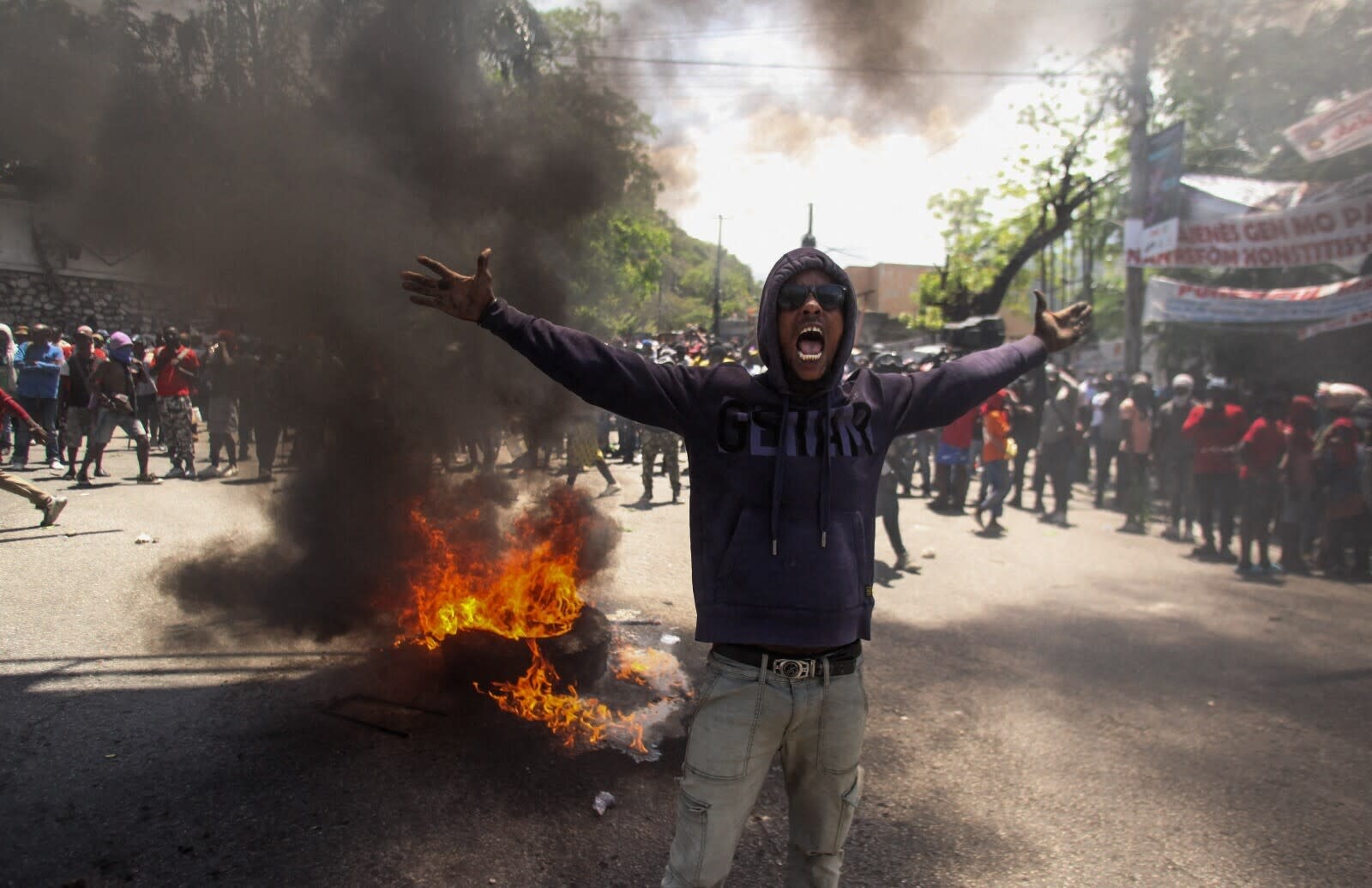
A severe governance crisis resulted in a brief intervention by internationally funded aid agencies and humanitarian organizations to help alleviate the nation’s turmoil. However, whatever progress was thought to culminate from these international efforts, the results went wanting when accusations of corruption and malfeasance on the part of NGOs and Haitian political organizations placed any further funds in doubt. Eventually, the French, who had somewhat of an affinity for their former colony, held out long enough until they finally decided to wash their hands completely of the “Haitian problem” and packed their things and left once and for all.
Out of options, and without any protection from the onslaught of chaos and civil violence, thousands of Haitians have sought refuge in neighboring Dominican Republic for years. Both nations still share the island of Hispaniola, however, the Dominicans have the larger share of it in the east.
Dominican immigration policies for Haitian migrants were, at one point, more lenient than they are today. The Dominican government is in the midst of a massive crackdown on undocumented Haitian migrants in the country, started largely due to the significant influx of Haitians flowing across the border, and the only border that is accessible to Haitians by land.
Local Dominican governments and townships are lamenting the exhaustion of local resources by these migrants, igniting old sentiments of Haitian xenophobia that the older generations of Dominicans are all too familiar with.
President Luis Abinader Corona, reelected in May 2024 for a second term, promised during the campaign to increase Haitian deportations due to an “excess”. In October, following his victory, Abinader outlined an objective of deporting 10,000 Haitian migrants per week. Since then, immigration authorities have removed nearly 150,000 Haitians from Dominican territory.
The campaign has since attracted quite a bit of international attention from human rights groups condemning the Dominican government for mistreatment and lack of process in removal proceedings. Groups have even accused the government of grabbing pregnant women from the streets and mothers who are nursing infants, and housing them in detention facilities in inhuman conditions.
In 2010, an amendment was made to the Dominican constitution that essentially redefined citizenship to children born in the country to undocumented parents, now making them eligible for deportation. Several years later in 2014, the same law was then implemented retroactively from 1929, leaving generations of Haitian immigrants who have resided in the country for decades now subject to removal.
Since 2013, an estimated 200,000 people of Haitian heritage residing in the Dominican Republic were suddenly denationalized.

